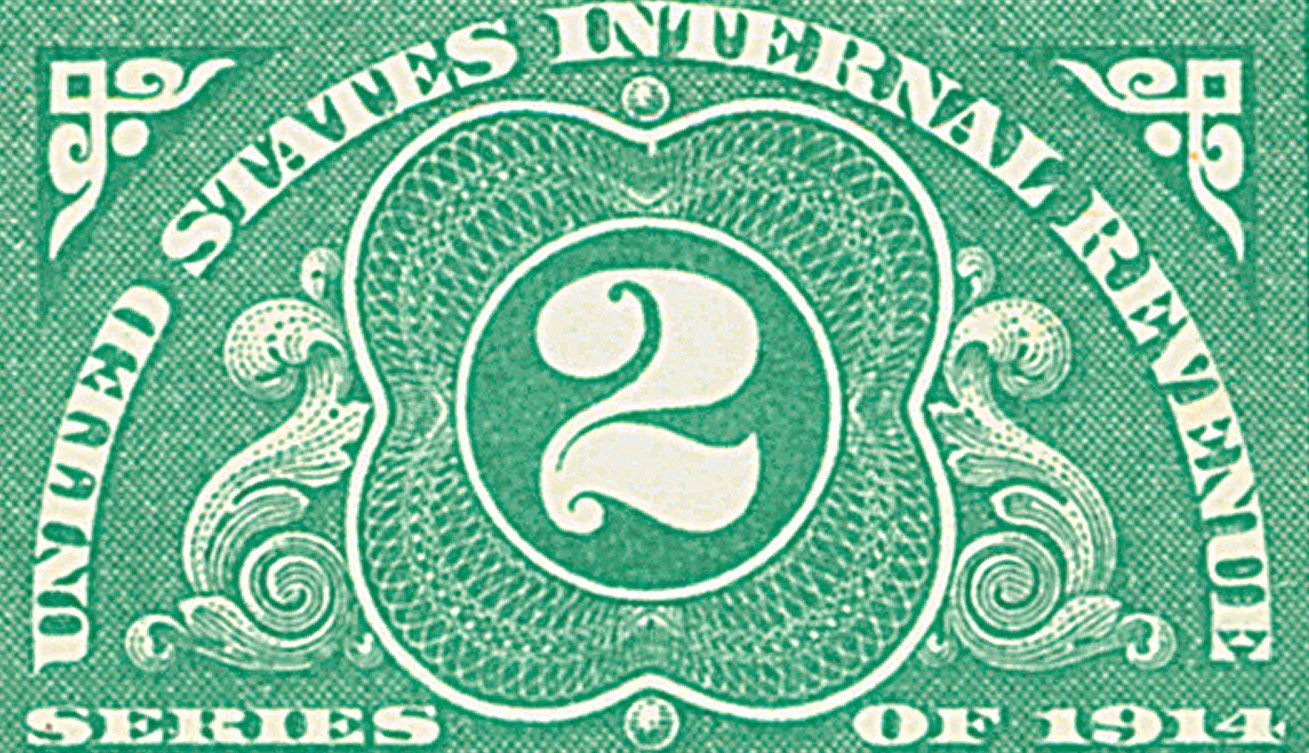Stock Transfer Stamps
On June 25, 1918, Stock Transfer stamps were approved for use. These stamps showed that the taxes had been paid on the sale or transfer of shares or certificates of stock.

On June 25, 1918, Stock Transfer stamps were approved for use. These stamps showed that the taxes had been paid on the sale or transfer of shares or certificates of stock.

On June 19, 1934, Congress authorized the use of Silver Tax stamps. These stamps paid the tax on profits from the transfer of silver bullion as a result of the Silver Purchase Act of 1934.

On April 1, 1845, the US Post Office Department inaugurated the first commercial telegraph service.

On June 26, 1934, President Franklin D. Roosevelt signed the National Firearms Act of 1934 into law. The act placed a tax on the manufacture and transfer of certain firearms, with new stamps being produced to show the tax had been paid.

On April 21, 1898, Spain ended diplomatic relations with America and the US Navy established a blockade of Cuba, marking the official start of the Spanish-American War. The war would last less than four months, but saw the downfall of the Spanish Empire and the rise of America as a major world power with several new possessions.

On March 18, 1766, British Parliament repealed the Stamp Act. Passed a year earlier, the act had placed a direct tax on the colonies for the first time, leading to widespread boycotts.

George Dewey was born in Montpelier, Vermont, on December 26, 1837. A hero of the Civil War and Spanish-American War, he was the first, and to date only, person promoted to Admiral of the Navy.

On August 2, 1937, President Franklin Roosevelt signed the Marihuana Tax Act of 1937 into law. The act required all producers, laboratories, dealers, importers, and doctors to register each year to legally buy and sell marijuana.

On October 22, 1914, the Emergency Revenue Act was passed, which called for the creation of Wine Revenue Stamps.